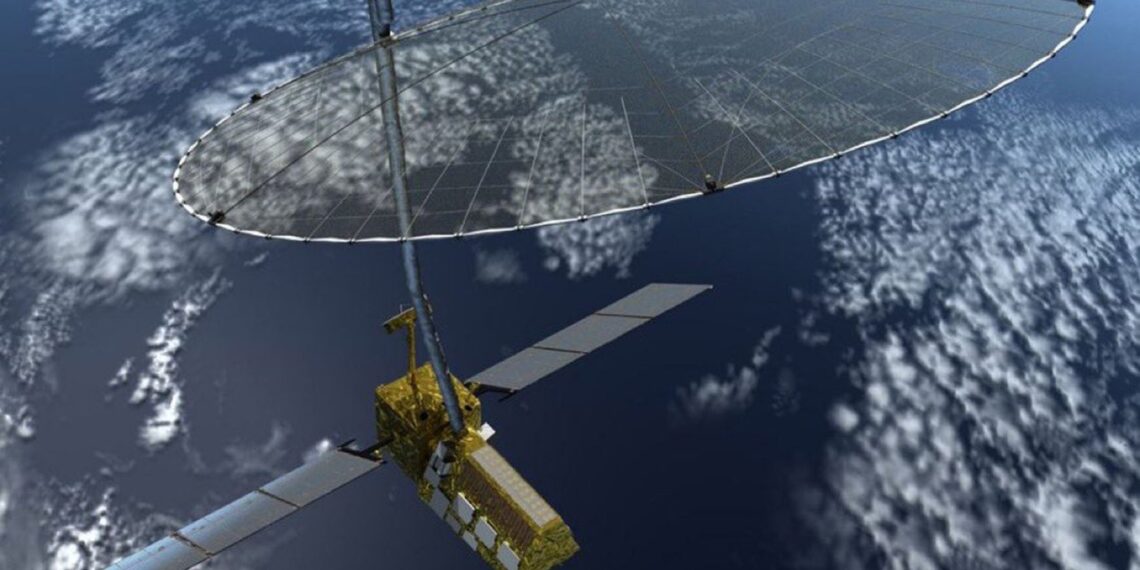Imphal: ISRO Chairman Dr. V. Narayanan on Sunday said that 10 satellites are operating continuously to support strategic initiatives aimed at ensuring the safety and security of Indian citizens.
Speaking at the convocation ceremony of the Central Agricultural University in Imphal, Manipur, Dr. Narayanan emphasized India’s growing strength in space technology.
“India is becoming a vibrant space power and is on track to establish its own space station by 2040,” he said.
Highlighting India’s contributions to global space efforts, he added, “A total of 433 satellites from 34 countries have been launched from India and successfully placed into orbit. I’m also pleased to share that 10 satellites are currently functioning 24/7 for strategic purposes to safeguard our nation.”
His remarks come amid heightened regional tensions, following the recent launch of ‘Operation Sindoor’ on May 7.
The operation targeted terror infrastructure in Pakistan and Pakistan-occupied Kashmir in response to last month’s Pahalgam terror attack.
Subsequently, both India and Pakistan announced a mutual agreement to cease all military actions across land, air, and sea.
Dr. Narayanan stressed the critical role of space technology in national defense and surveillance.
“To ensure our country’s safety, we must rely on satellite technology. With a 7,000 km-long coastline and vast northern borders, continuous monitoring is essential. This cannot be achieved without the aid of satellites and drones,” he said.
He also revealed ISRO’s ongoing initiatives, including the development of a satellite for G20 nations to study climate change, monitor air pollution, and improve weather forecasting.
Tracing India’s journey in space exploration, Dr. Narayanan noted, “From launching our first satellite in 1975 to building 131 satellites with diverse capabilities, India has made remarkable progress. We’ve also developed a new generation of launch vehicles.”
He added that India and the United States are jointly developing a cutting-edge, high-resolution Earth-imaging satellite, which will be launched from Indian soil.
Reflecting on India’s broader development since Independence, the ISRO chief called the progress “phenomenal and outstanding.”
He pointed out that in 1947, 97.5% of the population lived below the poverty line, with an average life expectancy of just 32 years.
“Today, life expectancy has more than doubled to 72 years. We’ve made significant strides in every sector,” he said.
In education, literacy has risen from just 12% in 1947 to significant levels today, and the number of primary schools has increased from 2,825 to over 8.4 lakh.
ALSO READ: Tripura faces crisis as more than half of power consumers skip bill payments
Recalling ISRO’s beginnings, Dr. Narayanan said, “In 1947, India had no space program. The initiative began in 1962, and ISRO was officially formed in 1969. At that time, we were 70 years behind advanced countries in space technology.”
He concluded by stressing the importance of agriculture in national development. Addressing the graduates, he said, “The degrees you’ve earned today hold immense value. You will play a crucial role in achieving the vision of Viksit Bharat by 2047.”















